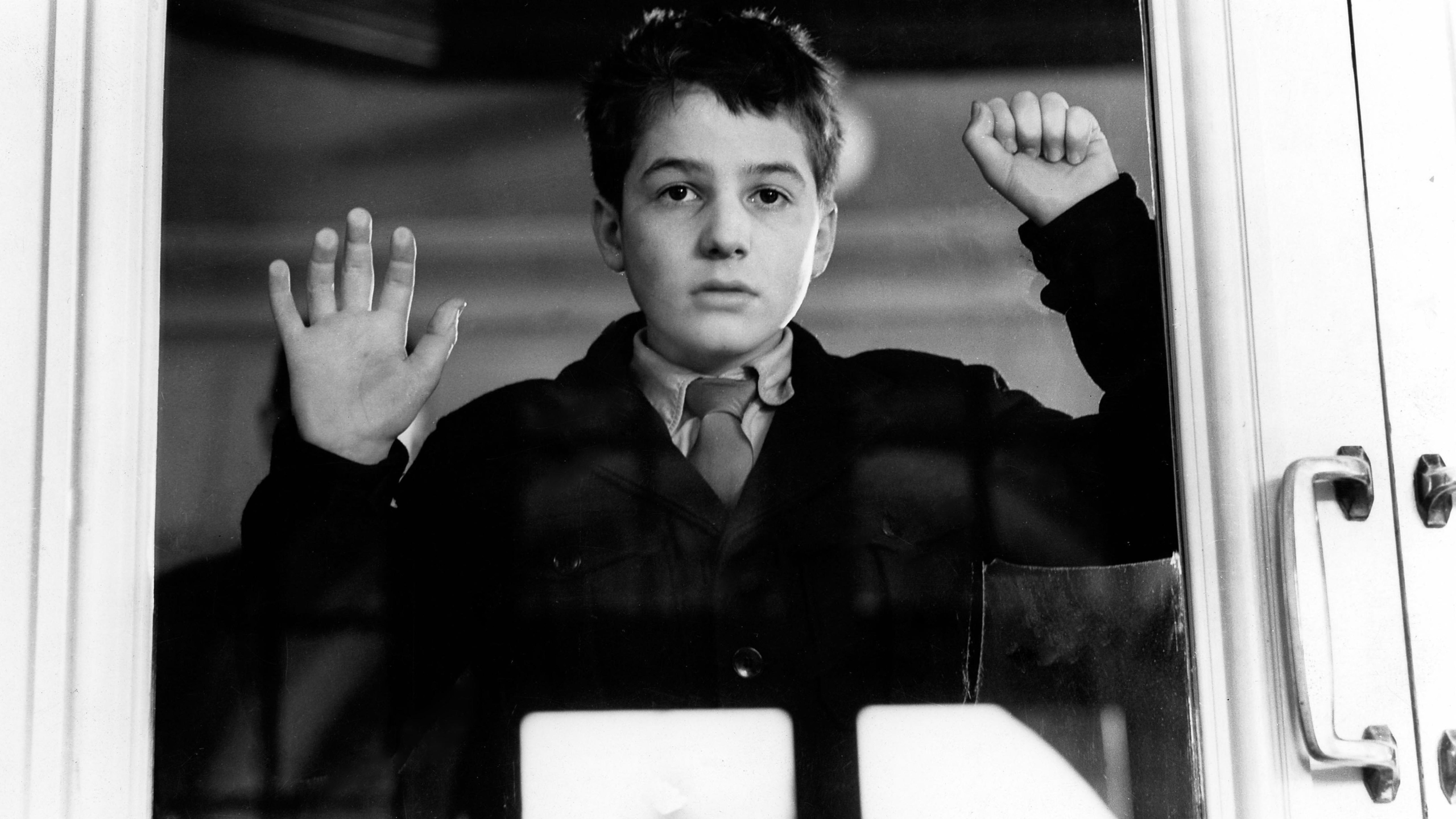In my first semester of college, I decided to challenge myself and take a German class above my proficiency level. Sometimes, taking on something that is outside of your comfort zone works out. This time, however, I was unsuccessful and realized during the first class meeting that I was not ready to take a course of this difficulty. I reluctantly accepted my defeat and later that week I pored through the course catalog to find a replacement. I came across a class titled “French Film and Theory in Translation”, and thought it too good to be true. I was already very interested in expanding my knowledge of film and was considering a Media Studies double major or minor, so I figured that there had to be a catch somewhere. The description read that students in the course would “examine multiple facets of crime in French-speaking contexts.” I was worried that the course would be taught entirely in French since I had found the course under the French language section, so I emailed the professor, Dr. Julin Everett, and inquired as to whether or not I would be able to fend for myself as a non-speaker. She responded in less than five minutes, confirming that the class was taught entirely in English, and the following day I found myself sitting in one of our outdoor classrooms, listening to my classmates discuss the 1928 silent film The Passion of Joan of Arc.
This French film and theory course changed the way I approached and understood education, as well as the way I analyzed and viewed films. I went to a large public high school, where the most unique class available to me was Marine Biology Honors. All courses were taught in the same way: at least 30 students in one classroom, listening to the teacher lecture with an occasional in-class worksheet here and there. This French course, however, was completely different. Throughout the semester, we planned and taught our own lessons, facilitating discussion and analysis of films and readings through slideshows and group activities, and collaborated with our classmates during our biweekly meetings. In this way, I was able to learn not only from Professor Everett but also from my peers, who were of varying class years and represented all five of the undergraduate colleges. I thoroughly enjoyed being able to bounce ideas off of one another, sharing our thoughts and perspectives on the media we consumed. In the course, we were taught to zoom in and look at the films through lenses I had never considered and found symbols and meaning within seemingly inconspicuous shots. We watched movies like The Battle of Algiers, which has consistently been rated as one of the top African narrative feature films, and La Haine, a groundbreaking and timeless film about rebellion against police brutality. We also studied theory from authors such as Michel Foucault and Frantz Fanon, and eventually combined our film and theory assessments into a final project. I remember logging off of an office hours meeting with Professor Everett (I had been struggling with finding a topic for my project) and thinking to myself, wow, I really never thought about it that way before. As someone who had been taught various subjects in a very straightforward manner her entire life, the experience was nothing short of mindblowing- and I left every class meeting feeling refreshed and more knowledgeable.
These are the types of classes that change you for the better- the ones that teach you to think outside of the box, the ones that push you to become a better academic and citizen of the world. The course catalog’s description said that the course would ask “students to consider how our perceptions of theft, assault, torture, murder, and mass murder differ when perpetrators and/or victims issue from subaltern communities.” French Film and Theory in Translation did just that for me, but so much more. The unique class is one of hundreds that are available to our students here at Scripps, and I cannot wait to explore them further on my academic journey.

A still from Francois Truffaut’s The 400 Blows, a staple of the French New Wave and one of the films we watched for class.

